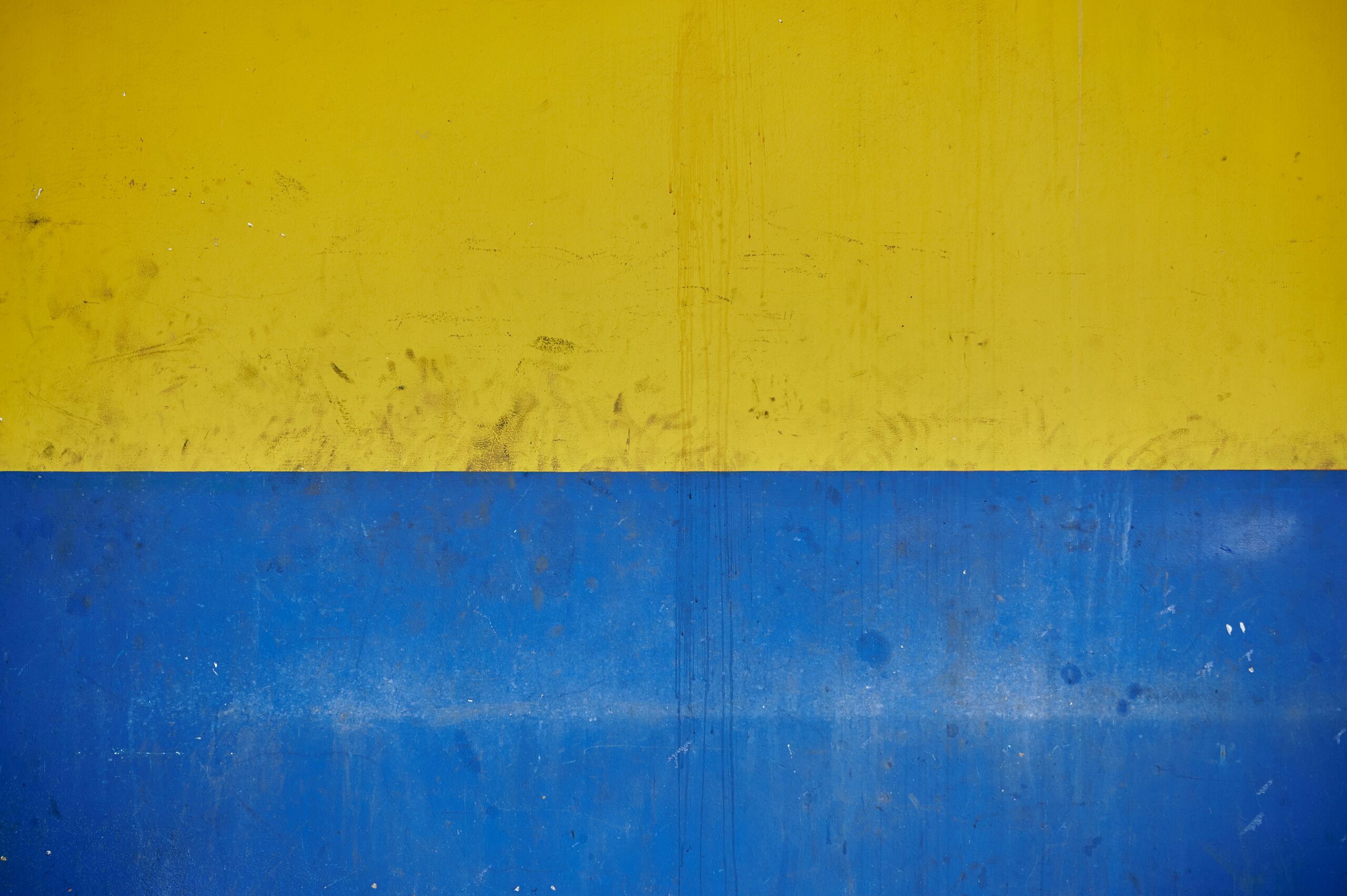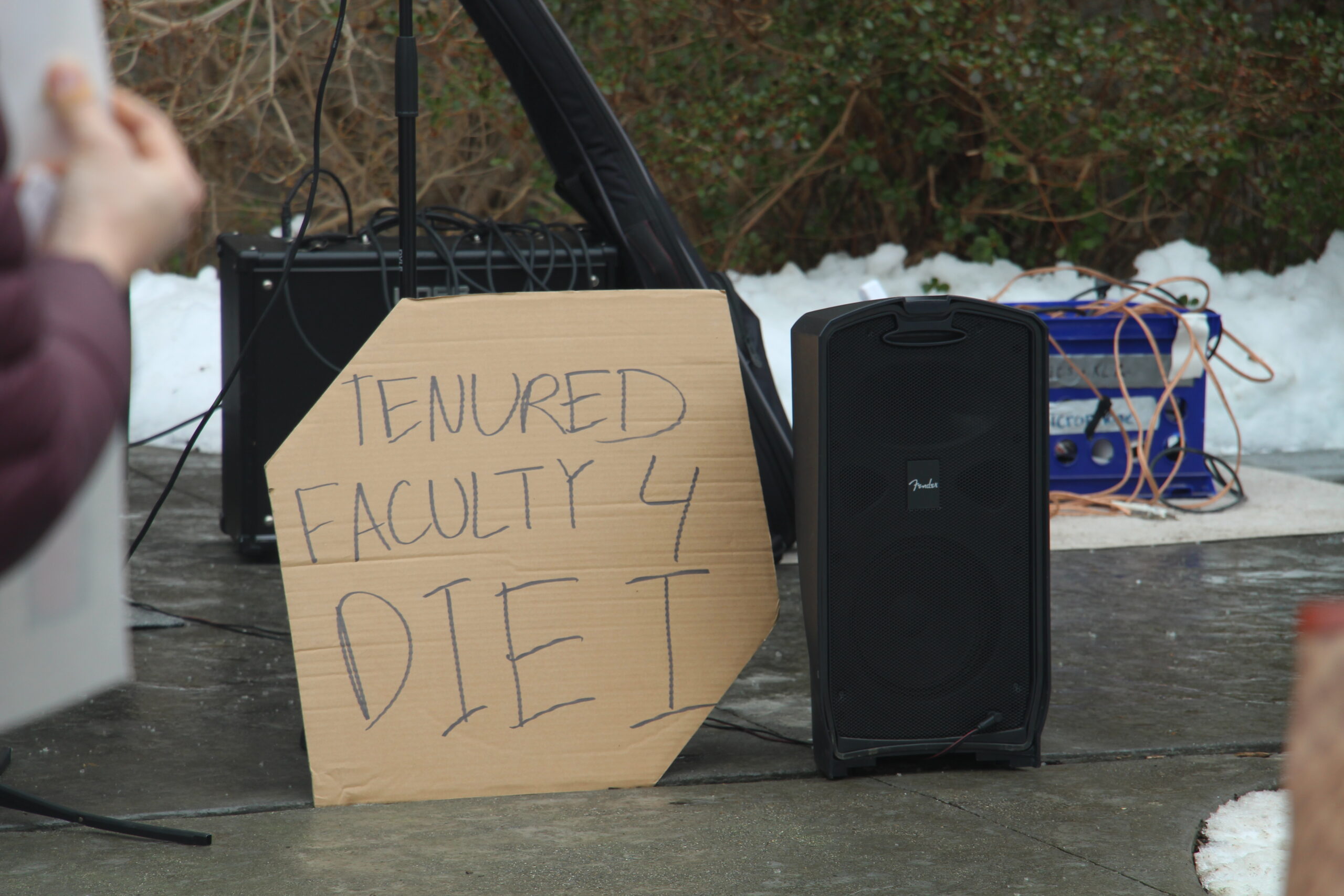Photo Courtesy of Ben Masora
On Tuesday, Nov. 14, Yevgenia Albats, a renowned journalist, political scientist, and dissident, arrived at Connecticut College to speak about her career in journalism and how it has shaped her perspective on Putin’s war in Ukraine. Albats gave presentations in both Russian and English, and engaged with students on both contemporary politics and Russian history.
Albats began the day by attending RUS304: “Advanced Russian: Cultures of Dissent” taught by Prof. Laura Little. The class focuses on dissident art, music, and media during the Soviet period, so speaking with Albats gave students the opportunity to bring their class to life. In Russian, Albats discussed literature, nationality, and the future of the Russian Federation with students. She also spoke about the importance of using reliable news sources when doing research, particularly when looking into the Russian Federation.
“Growing up in a Russian-speaking household, my grandfather listened to Albats’s radio show every week like clockwork,” said Andrew Kupovich ‘26, a student in RUS304 and Slavic Studies major. “To have her in our class, discussing everything from her journey as a journalist to the KGB to current events in Dagestan was cool beyond words.”
Later that day, in an event sponsored by the Slavic Studies Department, English Department, and Walter Commons, Albats brought her expertise on the War in Ukraine to a larger group of students in the Charles Chu Asian Art Reading Room. In the lecture, entitled “Putin’s Wars and their Outcomes,” Albats traced Putin’s rise to power, beginning with the fall of the Soviet Union and leading up to the present day.
Prof. Petko Ivanov introduced Albats before her lecture, highlighting her roles working as the editor of the russophone magazine, The New Times, and the host of the radio show, Absolute Albats.
Albats began her presentation by asking, “How did it happen?” Looking back to the dissolution of the Soviet Union, Albats contemplated why the Russian Federation turned away from the democracy that many had anticipated. She continued, “All these promises about the stability of Russia’s government were always just promises.”
“It didn’t happen overnight,” Albats said as she described Putin’s responsibility for the deinstitutionalization of democracy in the Russian Federation. She argued that in the late 1990s Russia was still not a successful democracy, but it was an oligarchy which, at the very least, allowed for a multiplicity of opinions. Putin leveraged his power in order to ban elections in many cities while simultaneously manipulating laws in order to allow himself to maintain power despite limits on terms.
“He is a very, very smart bastard,” Albats lamented when considering how his deliberate rise to power facilitated the circumstances that led to his War in Ukraine. “Democracy is a regime where the party in power loses elections and steps down. It doesn’t always happen even in the best democracies.” When Putin staged his self-coup in 2020 he enacted a legal dictatorship without checks and balances, an independent judicial branch, or self governance.
Albats’s work as an independent journalist in the Russian Federation has led her to face a lot of governmental backlash. At the beginning of the war in 2022, Albats was declared a foreign agent in the Russian Federation after attempting to bring attention to Russian war crimes committed in Ukraine. Those considered foreign agents lose the ability to teach, work as journalists, and be on TV networks. Because she was accused of spreading disinformation about the Russian Army five times, many of her works have since been censored and Absolute Albats has been removed from the Russian air. Currently, Albats’s works are only available to Russian citizens through the use of private networks. She has since moved to the United States to continue her work as a journalist and political activist. Albats’s role in documenting contemporary events in the Russian Federation has been essential to a global understanding of the War in Ukraine, and she continues this work through her online reportage with Absolute Albats.










